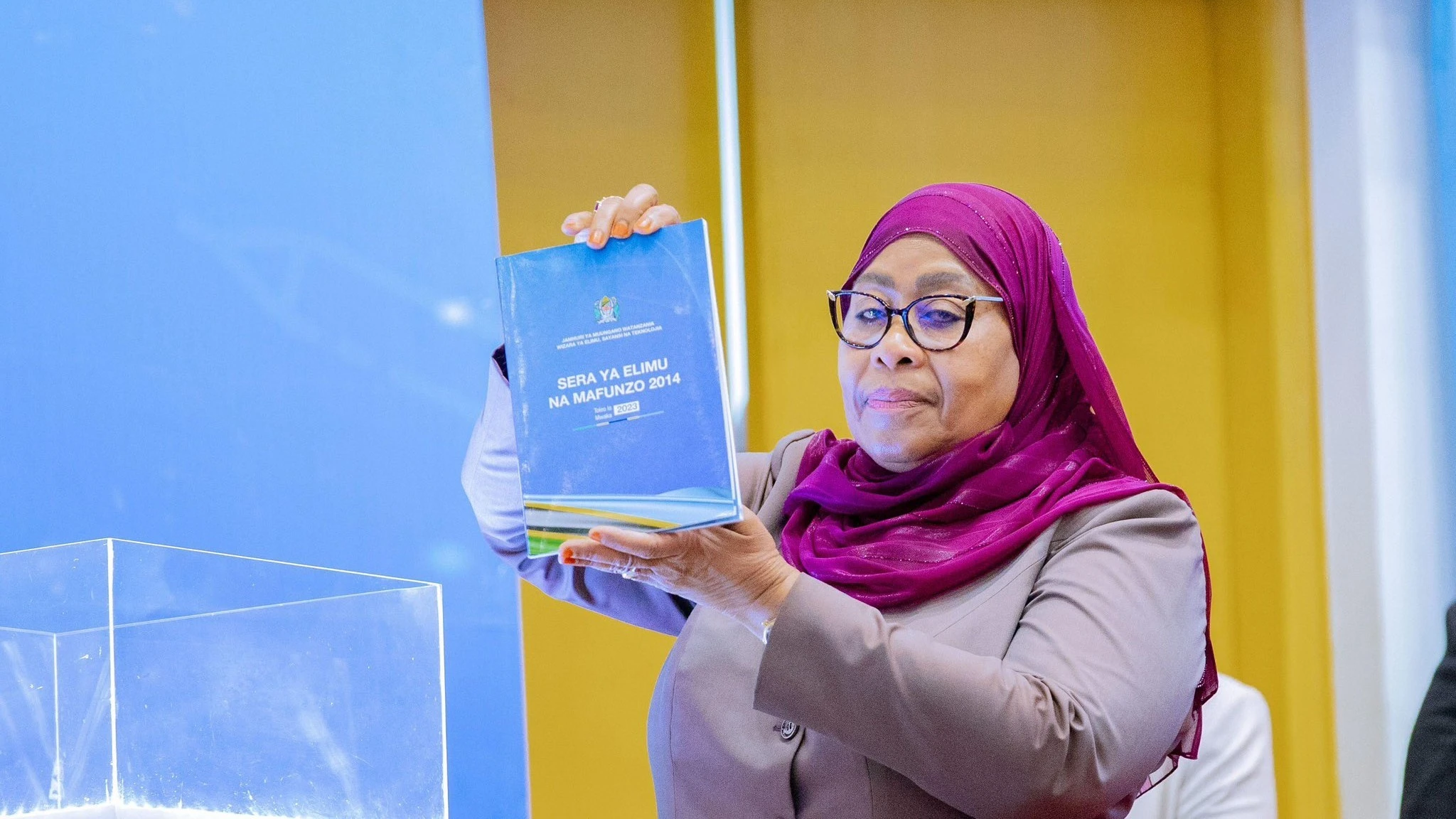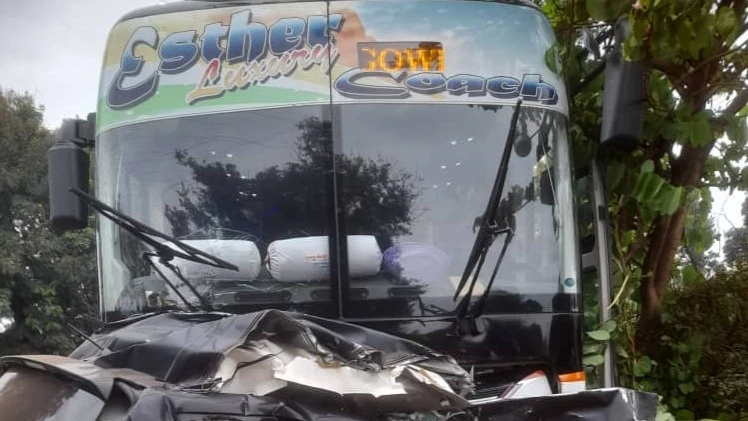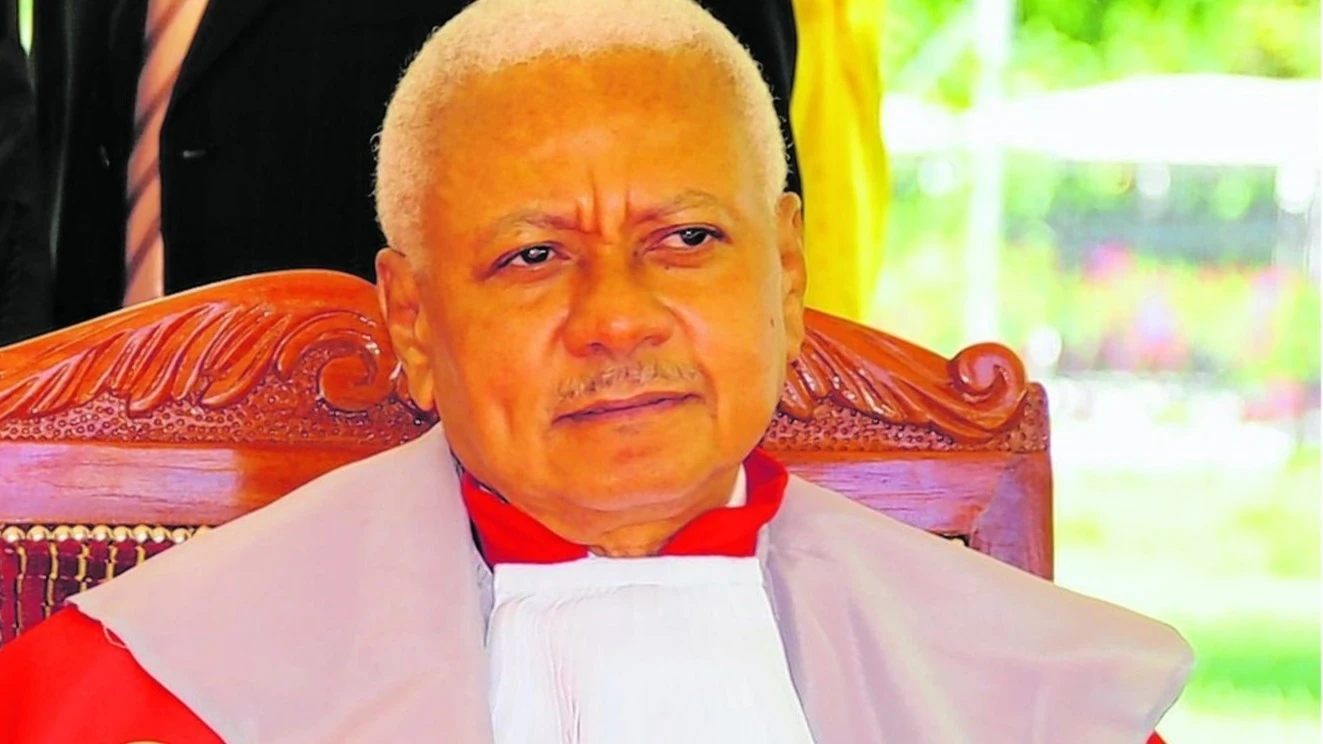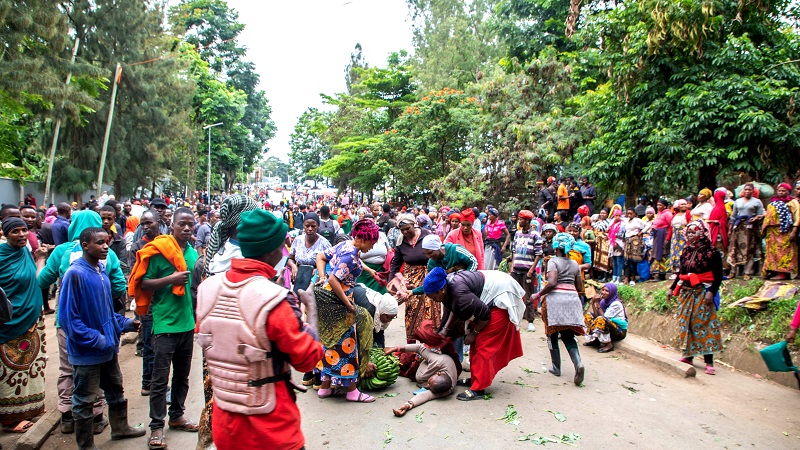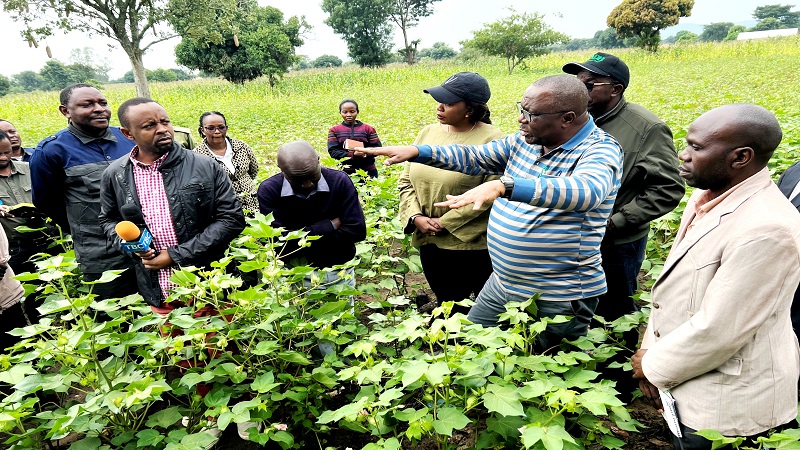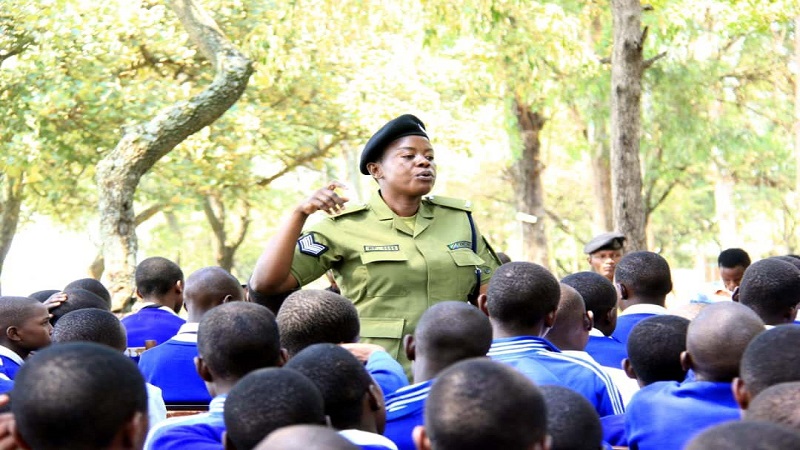Recommendations on Tanzania’s criminal justice reforms should be implemented
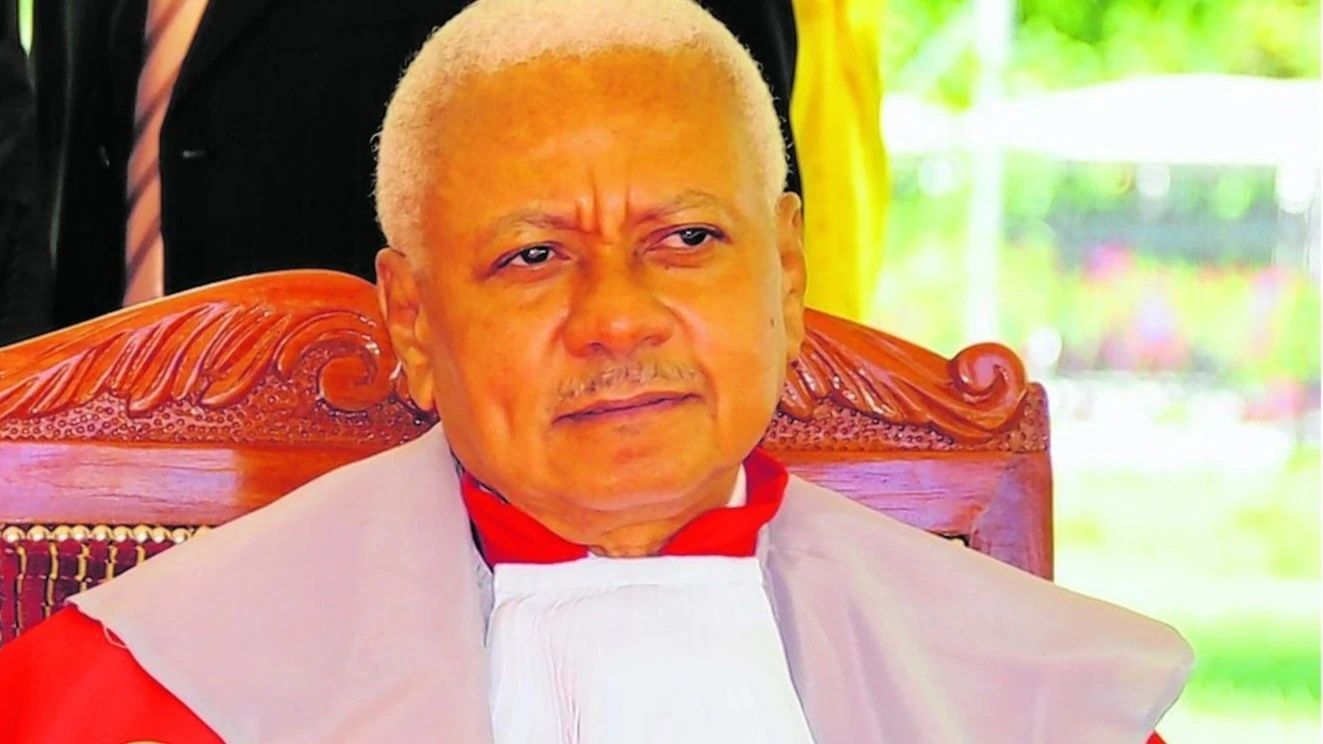
LAST week, we briefly looked at our right to a just electoral process (electoral integrity) and our duty to make it happen. We said while mindful that this year we will have the general election to elect the President of the United Republic of Tanzania, Members of Parliament (MPs) and Councillors.
The idea was to stress the role the people have in electing the leaders of their choice because sovereignty resides in the people and it is from them that the government gets all its power and authority (Article 8 of the Constitution of the United Republic of Tanzania).
Today, I invite you to briefly look at some of the recommendations of the criminal justice commission formed by President Samia Suluhu Hassan and launched on January 31, 2023 to look into how to improve criminal justice institutions. Chaired by retired Chief Justice Mohamed Chande Othman, its aim was to look into criminal justice issues and recommend how to improve the criminal justice system and make criminal justice institutions more effective.
The recommendations were presented in form of a summary to address the complaints Tanzanians have on the criminal justice system and criminal justice institutions in the country, taking into account good governance and civil rights.
The commission found that there were many issues in the chain of criminal justice from the prevention of crime, the identification of crime and the reporting to the police, the search and how the arrest of suspects was conducted, preparations for prosecution, court proceedings and the delivery of judgement, the imprisonment of convicts to the life of prisoners who have finished their jail term and their return to civilian life.
The scope of the summary of the report is to show the magnitude of the problems and challenges and how they affect the system and effectiveness of criminal justice institutions. The summary also contains the recommendations of the commission concerning the steps to be taken to address the problems and challenges and meet public expectations.
The recommendations are a result of research and in-depth discussions with senior retired leaders, retired leaders and those who are still in office in criminal justice institutions, executives and members of staff in those institutions, various stakeholders, political parties, religious leaders, the victims of the present criminal justice system, professional unions, business unions, experience from other countries and citizens who were reached in their areas.
One of the areas looked at was the abuse of power. The commission suggests in its summary that arrest authorities must use their powers for the purpose of preventing and combating crime. However, the commission says, sometimes arrest authorities have been abusing their arrest powers and cause inconveniences to citizens.
In particular, the commission decries arresting without grounds and arresting people over civil disputes. The commission says as regards unlawful custody (false imprisonment) in Rev Christopher Mtikila v State Attorney, the judge ruled in favour of Rev Mtikila on false imprisonment.
In another civil case of Mary Peter Otaru v Onesmo Buswelo and Others, the complainant was put in custody for five days under the directive of Siha District Commissioner over a civil dispute. Since the District Commissioner disregarded the law to subject the complainant to unlawful custody, the High Court of Tanzania directed the government to compensate the complainant Sh1 million.
The commission says it has discovered that some regional and district commissioners use the Regional Administration Act (Chapter 97) and the National Security Council (Chapter 61) beyond the powers to trample on civil rights on various issues without following legal provisions. The commission also discovered that regional and district commissioners are accompanied by security committee members during various visits out of necessity.
In light of this, the commission recommends amendments to the Regional Administration Act (Chapter 97) to deprive the regional and district commissioners and other leaders of the powers to arrest using their positions, instead they should follow a procedure stipulated in the Criminal Procedure Act (Chapter 20), which allows any private person to arrest any person who commits any criminal offence in his or her presence.
The commission also recommends that if it is necessary for regional and district commissioners to arrest under sections 7 and 15 of the Regional Administration Act, then they should do so in compliance with the legal provisions stipulated only in those sections. Some of the provisions stipulated in those sections include: the offence should be committed in the presence of the regional or district commissioner, it should be a criminal offence, the offence should cause the breach of the peace, after the suspect has been arrested the regional or district commissioner must write to the magistrate to give reasons which caused the suspect to be arrested. It is good, therefore, to implement the recommendations so that the criminal justice system and criminal justice institutions may be more effective.
Today’s quote: “The administration of justice is the firmest pillar of government.” – George Washington.
· The author is a Dar es Salaam-based lawyer. He can be reached at t22magobe@gmail.com
Top Headlines
© 2025 IPPMEDIA.COM. ALL RIGHTS RESERVED











